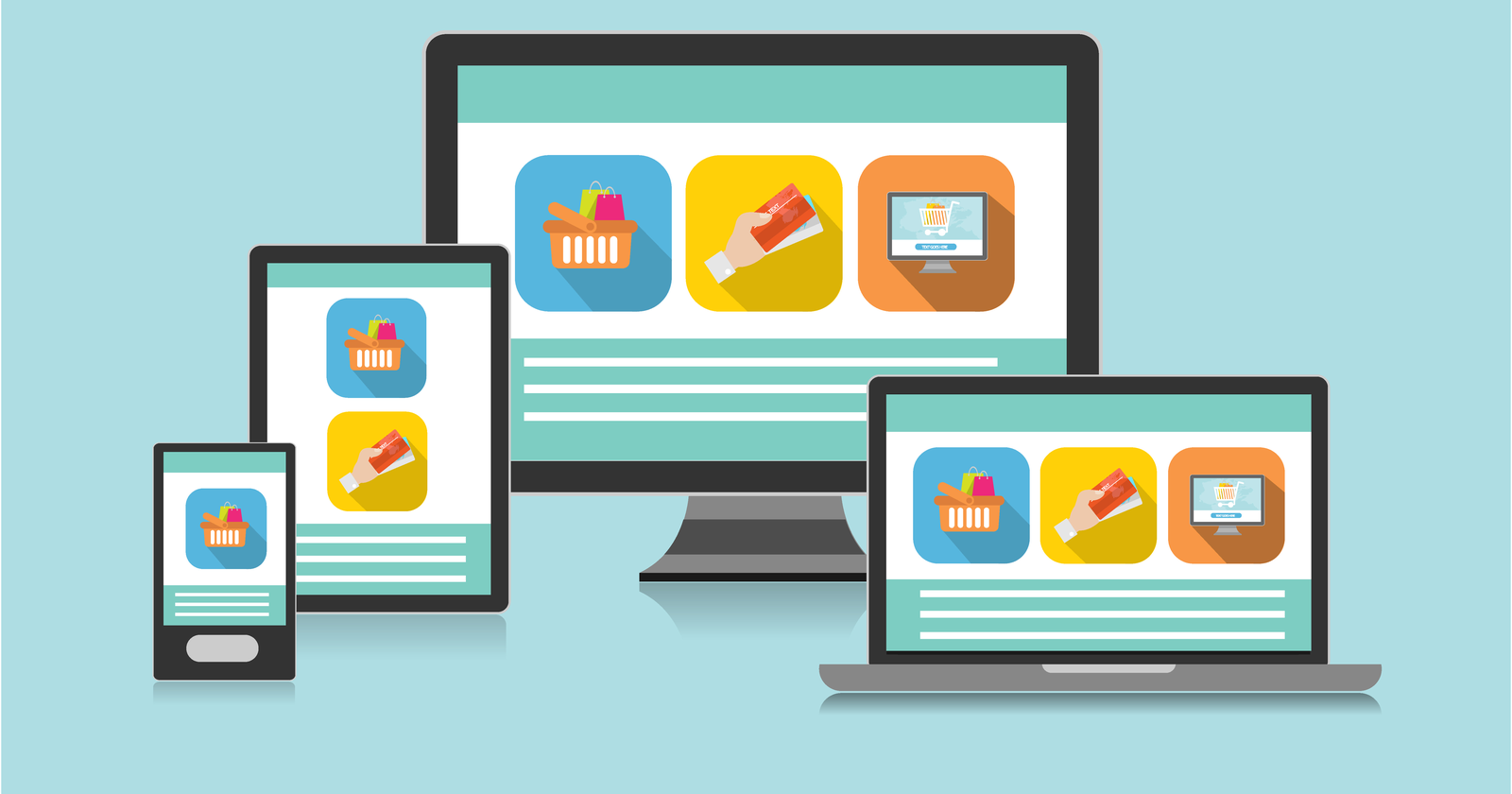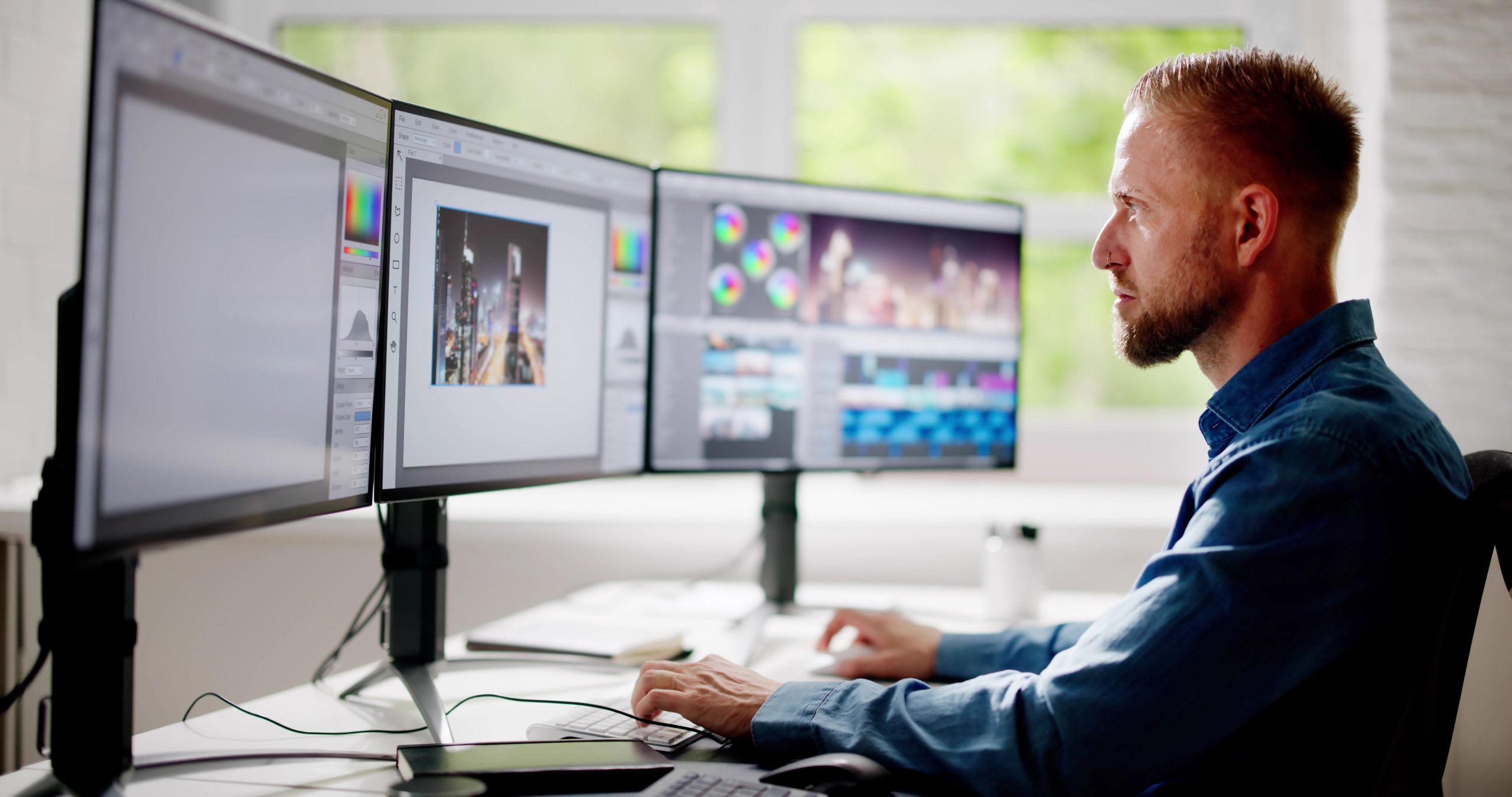How AI Will Disrupt Industries by 2030 as we edge closer to 2030, AI disruption in industries promises to be nothing short of revolutionary. Artificial intelligence, once a futuristic buzzword, now heralds a transformative era, reshaping economic landscapes and redefining professional norms. From automated logistics to precision medicine, AI is infiltrating every sector with astonishing agility. In this comprehensive exploration, we delve into how AI is poised to recalibrate major industries, highlighting the dynamic shifts ahead.

Manufacturing: The Rise of Smart Factories
Autonomous Production Lines
Industrial automation is undergoing a renaissance. Smart factories leverage machine learning algorithms, IoT integration, and predictive analytics to optimize production. Robots now self-calibrate, adapt to design changes in real time, and troubleshoot malfunctions autonomously.
Predictive Maintenance
AI-driven predictive maintenance reduces downtime and extends machinery lifespan. Sensors feed real-time data into AI models that forecast component failures before they occur, a game-changing advancement in industrial reliability.
Supply Chain Optimization
Through AI disruption in industries, supply chains become resilient and transparent. AI analyzes global trade flows, predicts demand fluctuations, and recommends adaptive logistics strategies, minimizing bottlenecks and inefficiencies.
Healthcare: Precision and Personalization
AI-Enhanced Diagnostics
Deep learning models now rival radiologists in detecting anomalies in imaging scans. AI algorithms parse complex medical data, identifying patterns invisible to human eyes, which accelerates diagnosis and treatment planning.
Personalized Medicine
AI tailors medical treatments based on a patient’s genetic makeup, lifestyle, and medical history. This hyper-personalized approach not only improves efficacy but also reduces adverse reactions.
Virtual Health Assistants
Conversational AI systems triage symptoms, schedule appointments, and monitor chronic conditions. These digital aides augment human medical teams, enhancing healthcare accessibility and efficiency.
Finance: Smarter, Faster, Safer
Algorithmic Trading
High-frequency trading algorithms exploit micro-fluctuations in stock prices, executing trades in milliseconds. This form of AI disruption in industries redefines market dynamics, emphasizing speed and precision.
Fraud Detection
AI excels at identifying fraudulent transactions. Machine learning models continuously learn from transactional data, flagging anomalies with remarkable accuracy and reducing financial fraud significantly.
Personalized Banking
Chatbots and robo-advisors offer tailored financial advice, helping users manage investments and plan for retirement, democratizing financial expertise.
Transportation: Toward Autonomous Mobility
Self-Driving Vehicles
Autonomous driving technology blends computer vision, sensor fusion, and deep learning. By 2030, self-driving cars, trucks, and drones are expected to become mainstream, drastically altering personal and commercial transportation.
Traffic Flow Optimization
AI analyzes traffic patterns in real time, managing congestion through adaptive signal control and dynamic routing. Urban mobility becomes smoother and more sustainable.
Predictive Maintenance for Fleets
Fleet operators use AI to predict vehicle maintenance needs, reducing unexpected breakdowns and enhancing operational efficiency.
Retail: The Smart Shopping Experience
Personalized Marketing
AI algorithms analyze customer behavior, crafting hyper-targeted marketing campaigns. Retailers engage consumers with personalized offers, driving loyalty and sales.
Automated Checkout
Computer vision and RFID technology enable seamless checkout experiences. Shoppers can walk out of stores without scanning items, as AI automatically processes purchases.
Inventory Management
AI predicts stock levels based on buying trends and seasonal factors, reducing overstock and stockouts. This AI disruption in industries ensures leaner, more responsive retail operations.
Agriculture: The Dawn of AgriTech
Precision Farming
AI-powered drones and sensors monitor crop health, soil conditions, and weather patterns. Farmers receive real-time insights, optimizing irrigation, fertilization, and harvesting.
Automated Machinery
Robotic harvesters and planters execute tasks with surgical precision. AI guides these machines to maximize yield and minimize waste.
Supply Chain Transparency
Blockchain and AI converge to trace food from farm to table, enhancing safety and consumer trust.
Education: Personalized Learning Journeys
Adaptive Learning Platforms
AI-driven platforms assess students’ strengths and weaknesses, personalizing curricula to suit individual learning paces. This fosters deeper engagement and better outcomes.
Intelligent Tutoring Systems
AI tutors provide instant feedback, explain complex concepts, and adapt teaching strategies dynamically, making education more interactive and effective.
Administrative Automation
Routine tasks like grading and scheduling are automated, freeing educators to focus on pedagogy and mentorship.
Energy: Toward a Sustainable Future
Smart Grids
AI optimizes energy distribution through smart grids, balancing supply and demand in real time. This reduces waste and enhances grid resilience.
Renewable Energy Forecasting
Machine learning models predict solar and wind energy outputs based on weather data, enabling better integration of renewables into power systems.
Predictive Maintenance for Energy Infrastructure
Energy companies deploy AI to foresee equipment failures, minimizing outages and maintenance costs.
Entertainment: Redefining Creativity
Content Recommendation
AI curates personalized playlists, movie suggestions, and reading lists, transforming content discovery.
Virtual Production
Filmmakers employ AI for script analysis, CGI, and post-production, streamlining workflows and unlocking new creative possibilities.
AI-Generated Art
From music to visual art, AI collaborates with human creators, spawning innovative artistic expressions that blur traditional boundaries.
The tapestry of AI disruption in industries is intricate and far-reaching. By 2030, AI will not merely augment existing processes but will fundamentally reshape how we work, live, and interact. Embracing this change with foresight and adaptability is paramount. As AI continues its inexorable advance, industries that harness its potential will thrive, while those that resist risk obsolescence. The future, shimmering with promise and complexity, beckons us to reimagine possibilities through the lens of intelligent machines.










